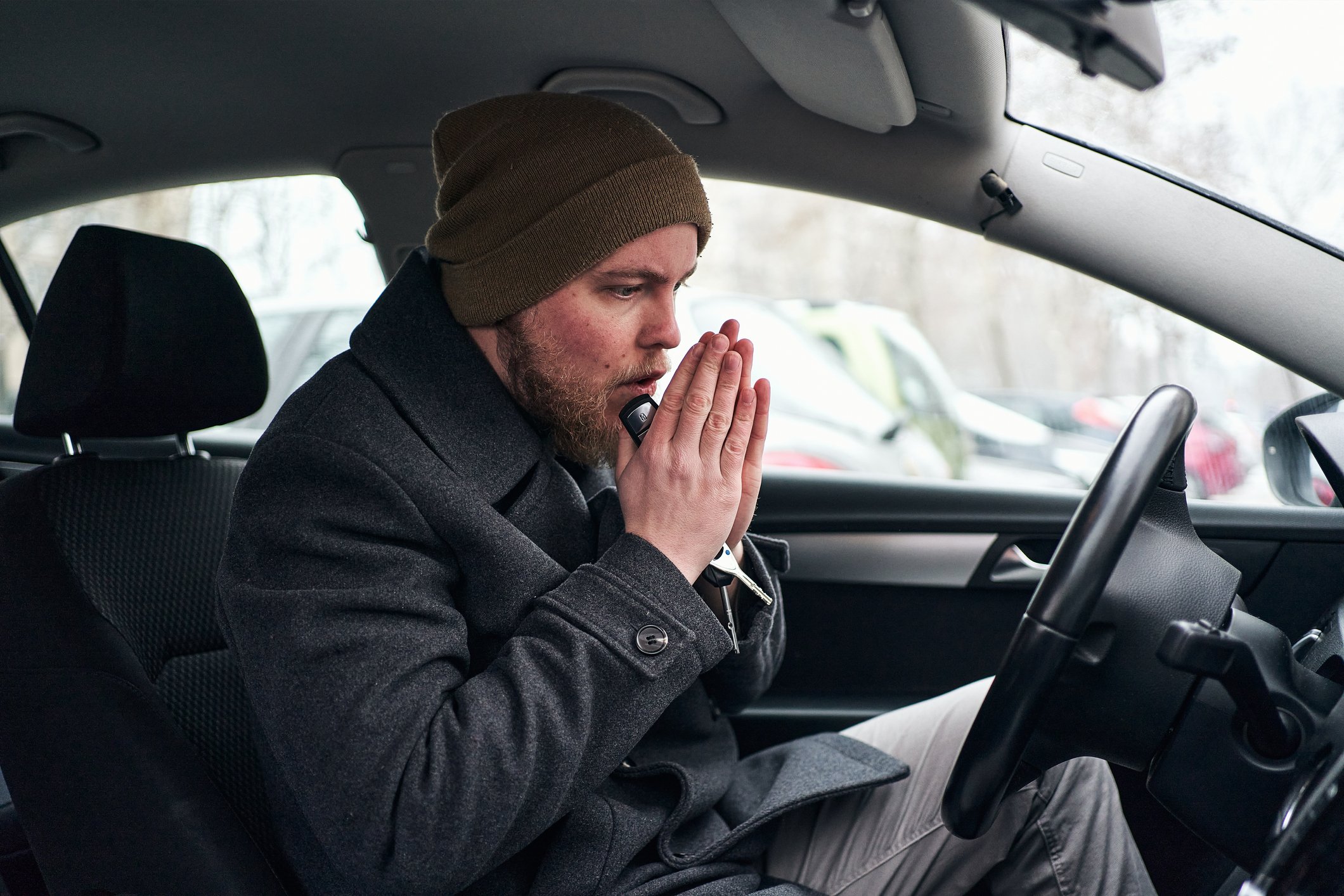Until self-driving car technology is ready for prime time, Uber (UBER 3.60%) will need a whole lot of drivers for its business model to work. The rideshare company may have great, user-friendly technology and offer a service that people want, but if it can't find enough folks willing to drive their cars on its behalf, it all falls apart.
Anything it can do to make life better for those drivers increases the odds that they'll stay with Uber longer, work more hours, and perhaps even recommend the gig to others. With that in mind (and also to support its model of keeping prices low for customers), the company has announced the launch of Uber Money, an in-house team "working on financial products and technologies that deliver additional value for the Uber community."
The first Uber Money products were introduced by Peter Hazlehurst, who leads the division, on Monday at the Money 20/20 conference in Las Vegas. Hazlehurst delivered one of the keynote speeches at the gathering of financial services and financial technology professionals, laying out some of the new services and Uber's reasons for offering them.

Uber drivers will have the option of getting immediate access to their money. Image source: Uber.
Solving some pain points of Uber drivers
"Drivers have needs, couriers have needs," he said. "On our platform, we wanted to create the most easy, flexible way for connecting -- you earn the capital and you get paid. It's your money."
When Hazlehurst spoke of needs, he meant anything from the daily expenses inherent to being an Uber driver, like gas or toll charges, to related things like stopping to grab some lunch. Under the new system, which was launched Monday in the United States, drivers will have access through the company's app to an Uber debit account and debit card.
These no-monthly-fee accounts can be used as soon as drivers register through the company's app (though it takes a few days for the physical card to arrive). They're powered by Green Dot (GDOT 1.96%), a banking-as-a-services (BaaS) company which has worked with Uber for years.
At the core of the service is the ability for drivers to deposit their Uber earnings into those accounts immediately as many times a day as they want to, and have access to those funds at once. From launch, Uber debit card users will also get 3% cash back on gas purchases, while top-tier drivers will get 6%.
That's a meaningful discount for someone who drives for at least part of their living. Hazlehurst pointed out in his keynote that the company has other discounts in the works, and eventually expects the debit accounts/cards to help the company's drivers get 10% more value out of the money they earn on the platform.
Uber's drivers will also be able to overdraw their accounts by up to $100 with no penalty or fee. That should help prevent situations when someone is unable to drive on a given day because they don't have the cash on hand to buy gas or make a minor repair.
Hazlehurst explained that it might cost a driver $35 in fees if they overdraft their bank account, which could double the cost of a tank of gas.
"For our drivers and partners...they're the least able to afford fees, yet they end up paying the most," he said.
Putting drivers first
When companies rely largely on gig workers -- who work at will, and on schedules of their own choosing -- it can be challenging for them to forge strong bonds with the rank and file. Paying relatively well can go a long way toward accomplishing that, but it's only one piece of the puzzle. This latest program from Uber is one more way it's attempting to address that.
In some countries, potential drivers' lack of bank accounts is a major onboarding problem for the company. It's less of an issue in the U.S., but it does still come up. Uber Money helps make driving for the company a workable option for the unbanked, too, and gives them access to basic financial tools that can make their lives easier in a broad sense.
Giving drivers immediate access to the money they've earned also addresses a major pain point. And it's a solution that harks back to a common formula for gig work or day labor in the pre-digital age: You showed up to do a day of construction work, or several hours at whatever job, and at the end of your shift, you got paid on the spot in cash.
Adding in the ability to overdraft your account for free is a practical feature for Uber, in that it removes potential impediments to driving. It also keeps those drivers on the road, because they have to pay back the money that has been advanced on their earnings.
Focusing more on the needs of its workers should give Uber a bit of an edge over other gig-based rivals -- for now. It's also possible, even likely, that its innovative programs will set the standard for a new normal, leading companies across a wide swath of the economy that lean heavily on gig workers to follow suit.






